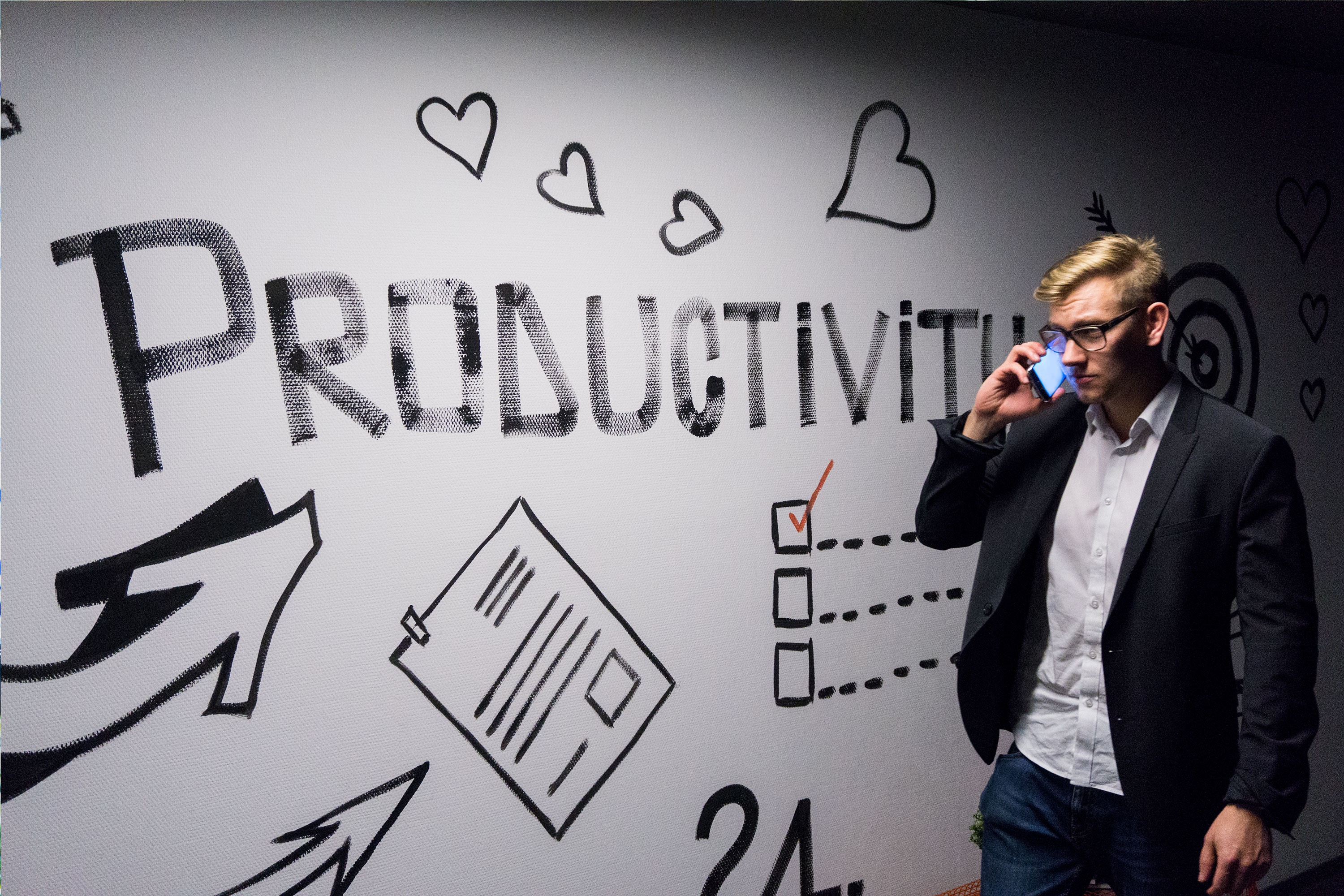
by Kate Evert | Jul 25, 2018 | Compensation, Human Capital, Productivity, Work Place
In a recent New York Times article, Charlotte Graham-McLay shares that a New Zealand firm reduced its workweek to 32 hours, while still paying employees for 40 hours. The trial was such a success that the firm is planning on making the change permanent. The firm found that workers wasted less time and increased their productivity while at work.
“Jarrod Haar, a human resources professor at Auckland University of Technology said employees reported a 24 percent improvement in their work-life, and came back to work energized after their days off.”
Aside from company productivity, Andrew Barnes, the firm’s founder, believes the change in hours could also offer economical and environmental implications if more companies embraced a similar approach.
This isn’t a solution for all companies, but an inspiration to innovate. What was it about this schedule that led to this workforce increasing their productivity? What changes could your company make to increase its productivity? Read More Here

by Kate Evert | Jul 19, 2018 | Human Capital, Productivity, Work Place
Our third entry that draws inspiration from this year’s travels is a video from the BBC Idea’s Habits of the Highly Successful video series. I probably would have missed this video if I were in the US, but one of the many perks of traveling is being exposed to different new stories. In this three-minute video, “Why You Should Always Wear Trainers to Work,” Justine Roberts, founder of the website for parents, Mumsnet, shares four important tips to help you make the best of your career.
Roberts’ advice is a great reminder for daily lives and careers. One of her insights applies not only in the office, but especially when traveling. When talking about running your own business, Roberts says, “It’s almost impossible to fit in everything you want to,” and the same is true of travel. You have to be willing to appreciate the fact that nothing is perfect, and sometimes you have to be willing to “embrace the chaos” around you. Read More Here
p.s. her advice ties in with an article we shared about what do women wear in a casual work environment. Read More Here

by Kate Evert | Jul 11, 2018 | Compensation, Human Capital
I once worked for an Australian bank here in the U. S. What was even more shocking than the amount of their annual vacation time (at least four weeks to start), was the fact that while on vacation, employees were paid 117% of their typical salary. Why? “Because, it costs more to go on holiday,” they would answer us wondering why we would ask such a silly question.
So, I was intrigued when I stumbled across this article about a company that includes an Airbnb stipend. The CEO of NodeSource, Inc., Joe McCann, explains how challenging it is for emerging companies to compete salary-wise with larger corporations and why he needed to go beyond typical compensation packages to attract employees.
Is a traveling subsidy a cost or an investment? When people travel, they see different things; but most importantly, they see different WAYS of doing the everyday. I’ve redesigned closets, rooms, and workflow based on how space-constrained Europeans and Asians have to fit things in tiny spaces. It’s not just space you might rework – when you observe different approaches to the mundane, you can re-think all sorts of thought processes. A person can indeed come home from traveling and re-engineer, and improve, a way to approach a process, a problem, or a project.
For companies that are dependent on innovation, or expanding into global markets, I am not sure how they can afford to NOT give their employees a stipend to travel. Read More Here

by Kate Evert | Jun 27, 2018 | Human Capital, Productivity
Returning from vacation, it only seems fitting to produce something profound on the merits of vacating, being idle, and staring up at the ever-changing clouds. Luckily for me Brian O’Connor, a professor of philosophy at University College Dublin, wrote a significant essay about this very thing for Time while I was away in …Ireland.
He includes a favorite vignette of mine often used in stories on productivity and efficiency. The original, published in 1963 by German writer Heinrich Böll, tells a fictional story of a visitor to a small fishing village somewhere in the West of Europe. In the story the precursor of an efficiency expert thinks he has a way to help this fisherman find more leisure. We were in a fishing village in the most western part of Europe, as I practiced being idle. Yet the pressures of productivity are waves that keep lapping at the shores of modern Ireland. On our last day we met a fascinating artist and entrepreneur. She told us of a movement in Ireland to slow down and have a cup of tea as a way of checking in with people; to see how they are really doing. So perhaps these words in O’Connor’s essay remind us of the ROI on idleness: “…yet Böll’s story captures a recognizable time when work was considered a necessary evil, second in value to other goods like friendship, rest and community.” Read More Here

by Kate Evert | Jun 27, 2018 | Human Capital, Productivity
Returning from vacation, it only seems fitting to produce something profound on the merits of vacating, being idle, and staring up at the ever-changing clouds. Luckily for me Brian O’Connor, a professor of philosophy at University College Dublin, wrote a significant essay about this very thing for Time while I was away in …Ireland.
He includes a favorite vignette of mine often used in stories on productivity and efficiency. The original, published in 1963 by German writer Heinrich Böll, tells a fictional story of a visitor to a small fishing village somewhere in the West of Europe. In the story the precursor of an efficiency expert thinks he has a way to help this fisherman find more leisure. We were in a fishing village in the most western part of Europe, as I practiced being idle. Yet the pressures of productivity are waves that keep lapping at the shores of modern Ireland. On our last day we met a fascinating artist and entrepreneur. She told us of a movement in Ireland to slow down and have a cup of tea as a way of checking in with people; to see how they are really doing. So perhaps these words in O’Connor’s essay remind us of the ROI on idleness: “…yet Böll’s story captures a recognizable time when work was considered a necessary evil, second in value to other goods like friendship, rest and community.” Read More Here

by Kate Evert | Apr 17, 2018 | Compensation, Diversity, Equity, Inclusion, Human Capital, Work Place
If you haven’t seen our latest post, Read More Here, we highlighted a recent study about the earnings gap that some working mothers experience after the birth of a child. The study’s findings suggest that depending on the arrival of that first child, some women’s earnings will never recover. We happen to think that a great deal of these mothers chose alternate paths, and paths that often benefit other parents looking for flexibility. If you’re in Virginia, check out this new company, Play, Work, or Dash. Their co-working space offers more than just a space to work. They’re branching out and offering childcare services. A future trend we might see more of? We sure hope so. Another idea we wish we had thought of first. Read More Here.





